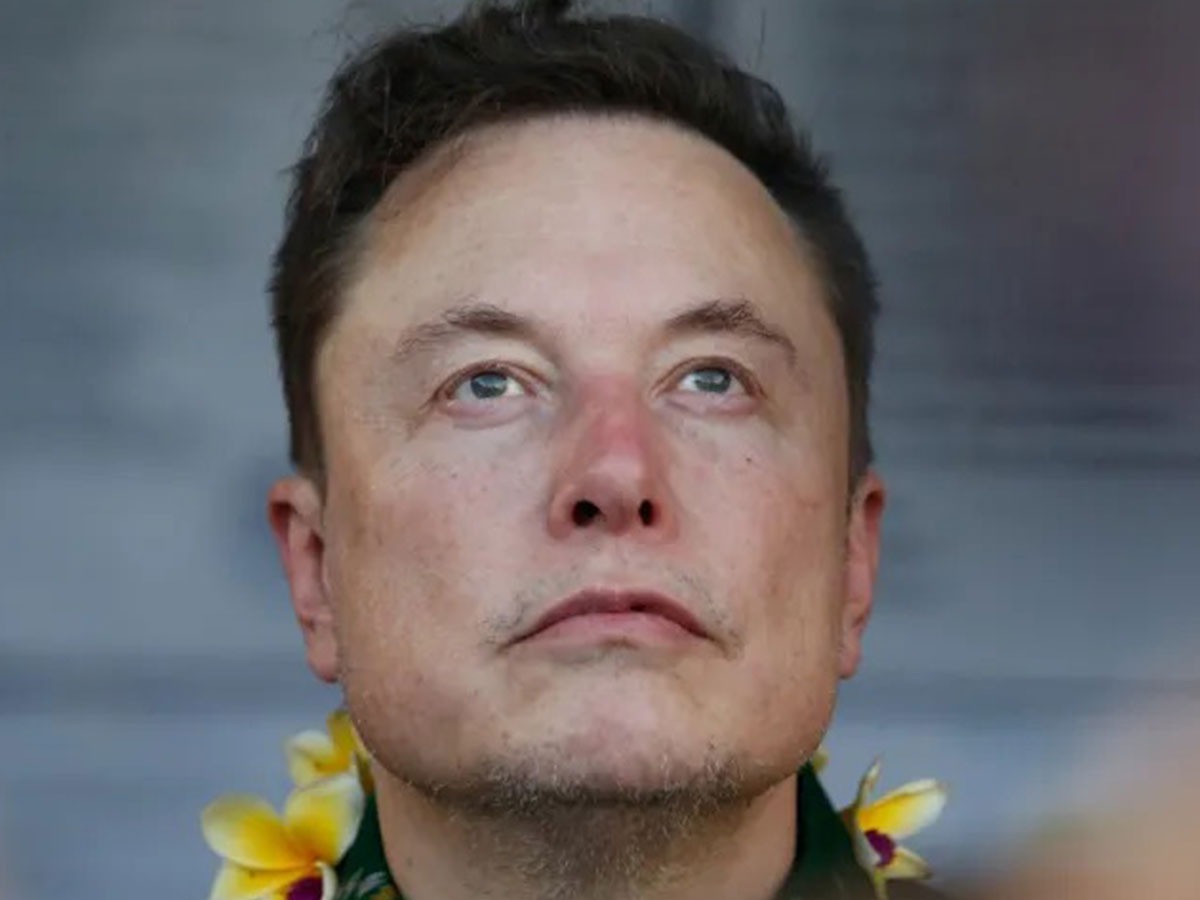
Modi Meets Putin in Moscow Amid Diplomatic Balancing Act
His Western allies are keenly watching Indian Prime Minister Narendra Modi as he meets Russian President Vladimir Putin in Moscow on his first foreign trip since he returned to office for a third term in June.
Mr. Modi landed on Monday, just hours after a Russian bombing killed at least 41 people in Ukraine, including at a children’s hospital in Kyiv, sparking a global outcry. Photos from Moscow showed a beaming Mr Modi hugging the Russian president. A video of a smiling Mr Putin calling Mr Modi “my dearest friend” and telling him that he was “delighted to see him” has gone viral in India.
Mr Modi’s two-day visit – his first to the Kremlin since 2019 – coincides with a NATO summit in Washington, where the 2022 invasion will be a major theme. India, a key global economy, has close ties with Russia and the US, and its partners and officials in Delhi are playing down questions over the timing of Mr. Modi’s trip. They say the annual summit is part of a long-standing strategic partnership and its scheduling has nothing to do with the NATO summit.
But a sour note has been struck with the US expressing concern. State Department spokesman Matthew Miller urged Mr. Modi to emphasize Ukraine’s territorial integrity during his talks in Moscow. Mr Miller also said the US had raised concerns with India regarding its relationship with Russia. “We would urge India, as we do any country when it engages with Russia, to make clear that any resolution to the conflict in Ukraine needs to respect the UN charter, that respects Ukraine’s territorial integrity, Ukraine’s sovereignty,” he said at a press briefing on Monday.

Ukraine’s President Volodymyr Zelensky went further – and did not mince his words. “It is a huge disappointment and a devastating blow to peace efforts to see the leader of the world’s largest democracy hug the world’s most bloody criminal in Moscow on such a day,” he posted on X (formerly Twitter) late on Monday.
Mr. Modi told President Putin that India was ready to offer any assistance in establishing peace in Ukraine. Russian state TV quoted him saying war was “not a solution.” He also said the death of children was painful and terrifying, a day after the deadly attack on the Kyiv children’s hospital. “Whether it is war, conflict, or a terrorist attack, any person who believes in humanity, is pained when there is a loss of lives,” Mr. Modi said. “But even in that, when innocent children are killed, the heart bleeds, and that pain is very terrifying.”
The NATO summit in Washington, which begins on Tuesday, is being held to mark the 75th anniversary of the Western defence grouping which was mainly formed as a bulwark against the then Soviet Union after World War Two. NATO countries have been vehemently opposed to Moscow’s invasion of Ukraine, while India and Mr Modi have refrained from any explicit criticism of President Putin except calling for dialogue and diplomacy to resolve the conflict.
As Western nations try to isolate Moscow by imposing sanctions, President Putin has been having summit-level meetings with leaders of key nations like China, India, Turkey, and others. Some are now asking whether Mr. Modi’s presence in Moscow could be to Mr. Putin’s advantage. Is the message India is sending out playing into the hands of Russia?
Vinay Kwatra, permanent secretary to the Indian foreign ministry, told the BBC ahead of Mr Modi’s visit, rejecting any connection between the two events, “The bilateral visit this time is just a scheduling priority that we have undertaken. And that’s what it is.”
India and Russia have shared close defence and strategic relations from the Cold War days, and Moscow remains a key supplier of weapons. India, which maintains one of the largest militaries in the world, has long-standing border disputes with its neighbours Pakistan and China. Experts say Mr Modi giving importance to Moscow is not a surprise, and the relationship goes beyond defence procurement. “If you look at the historical trend, it [Moscow] has been one of the constants in Indian foreign policy,” Pankaj Saran, former Indian ambassador to Moscow, told the BBC. “The main pillars of the relationship include defence cooperation, energy, and science and technology.”

Over the years, Russia has provided technical assistance to build several nuclear power plants in India. Since the Ukraine war began, Delhi has also been buying billions of dollars of discounted oil from Moscow after Western nations imposed sanctions on Russia to limit what it could sell or charge for the product. Driven by a surge in the purchase of oil, bilateral trade between India and Russia in the last few years has soared to $65bn (£50.76bn). India’s exports to Russia stand at just $4bn. Indian officials say a key priority for Mr Modi will be to address this trade imbalance and encourage Russian investment in India as well as move some defence production to India.
Delhi and Moscow are not without their differences. There have been several reported cases of Indian nationals who were lured with false promises of lucrative job offers and ended up fighting for the Russian army in Ukraine. Four Indians have died so far in the fighting. Indian officials insist that during this visit, Mr Modi will press his Russian counterparts for an early discharge of Indians – thought to number in the dozens – still fighting in the war.
India is aware that it needs both the United States and Russia to counter its rival China. Hence, it feels the need to strike a balance not to offend either of the two. “India follows a policy of strategic autonomy and multi-alignments. We have strategic relationships with both the US and Russia. These are mutually exclusive partnerships,” says Mr Trigunayat, a former ambassador and now a Distinguished Fellow at the Vivekananda International Foundation in Delhi.



